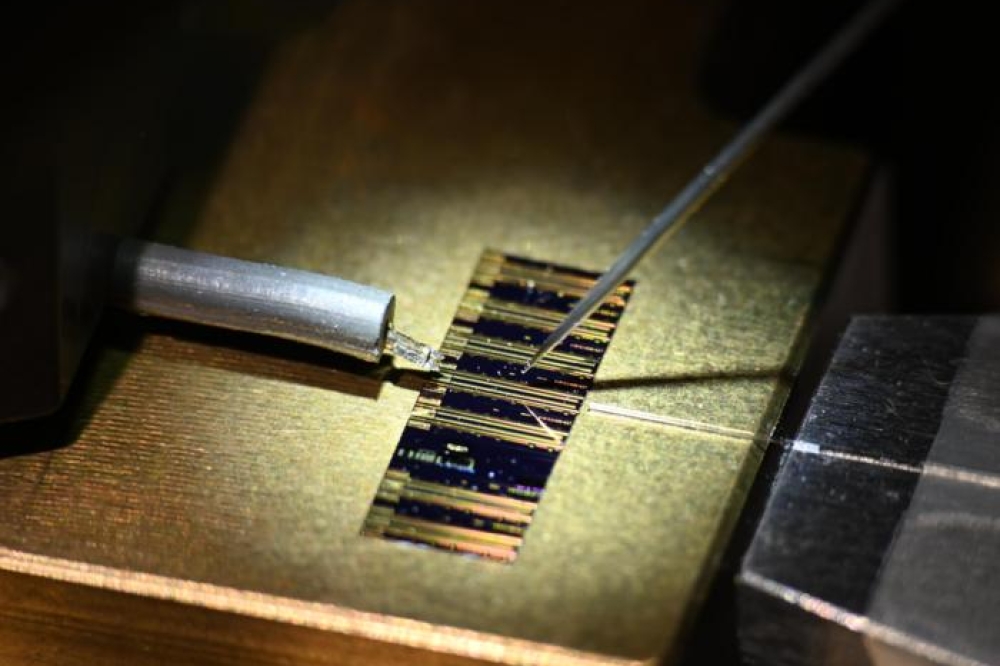News Article
Microsemi unveils enhancement mode GaN FETs for radiation applications
The devices are expected to deliver excellent high temperature performance with junction temperatures approaching 300 °C.
Microsemi Corporation, a provider of semiconductor technology aimed at building a smart, secure, connected world, has announced the development of enhancement mode GaN FETs for satellites and other military power conversion, point-of-load, and high speed switching applications.
The FETs are built on a wide band gap material, which increases performance over current radiation-hardened silicon MOSFETs. The enhancement mode FETs have extremely low parasitic capacitance which reduces switching losses by at least 50 percent resulting in higher efficiency circuits.
They have lower on-resistance to minimise conduction losses resulting in circuit efficiency gains and exhibit excellent radiation performance.
Microsemi is working with Efficient Power Conversion (EPC) in the development of a complete line of high performance FETS for high reliability space and military applications.
The first new devices will be offered by Microsemi in voltages of 40V, 60V, 100V, 150V, and 200V and will have Drain-to-Source on-resistance values of 4 milli-ohms to 100 milli-ohms. Additionally, the devices are expected to deliver excellent high temperature performance with junction temperatures approaching 300 °C. A family of standard through-hole and surface-mount packages in addition to flip chip die will be available.
Preliminary radiation testing of the devices has shown high Single Event Effect (SEE) and Total Ionising Dose (TID) capability. This allows the devices to operate in high orbit and deep space missions without degradation to performance. Microsemi will work closely with the Defence Logistics Agency (DLA) to define the test specifications within standard military drawings (MIL-PRF-19500 slashsheets), assuring customers of the performance capabilities of these products.
A jointly researched paper entitled "Enhancement Mode Gallium Nitride Characteristics Under Long Term Stress" will be presented at the Government Microcircuit Applications and Critical Technology Conference (GOMAC), March 21-24, 2011 in Orlando, Florida. The study covers the reliability testing results and demonstrates the stability of the devices at temperature and under radiation exposure.
Prototype customer samples are expected to be available by mid-2011 with production quantities by November 2011.































